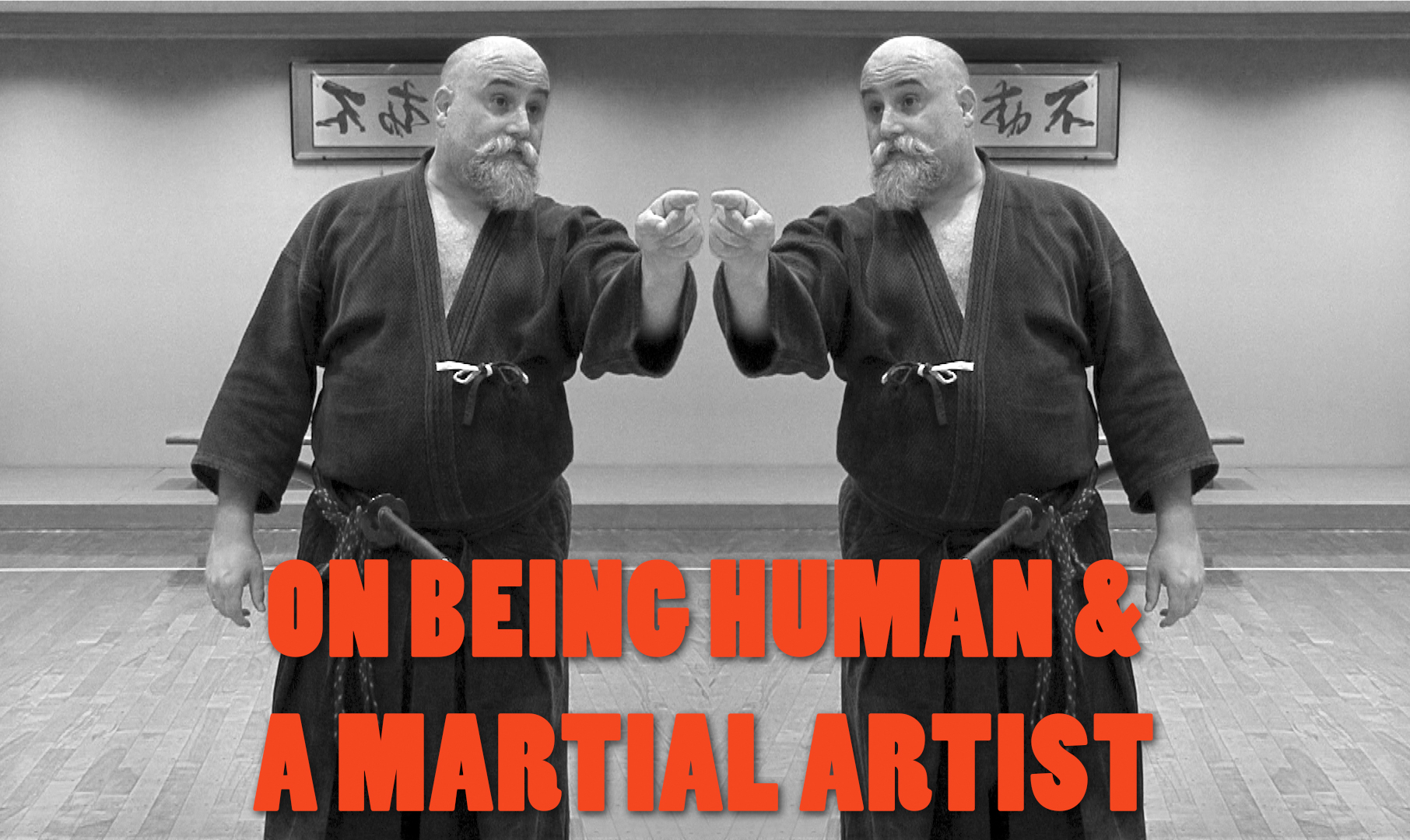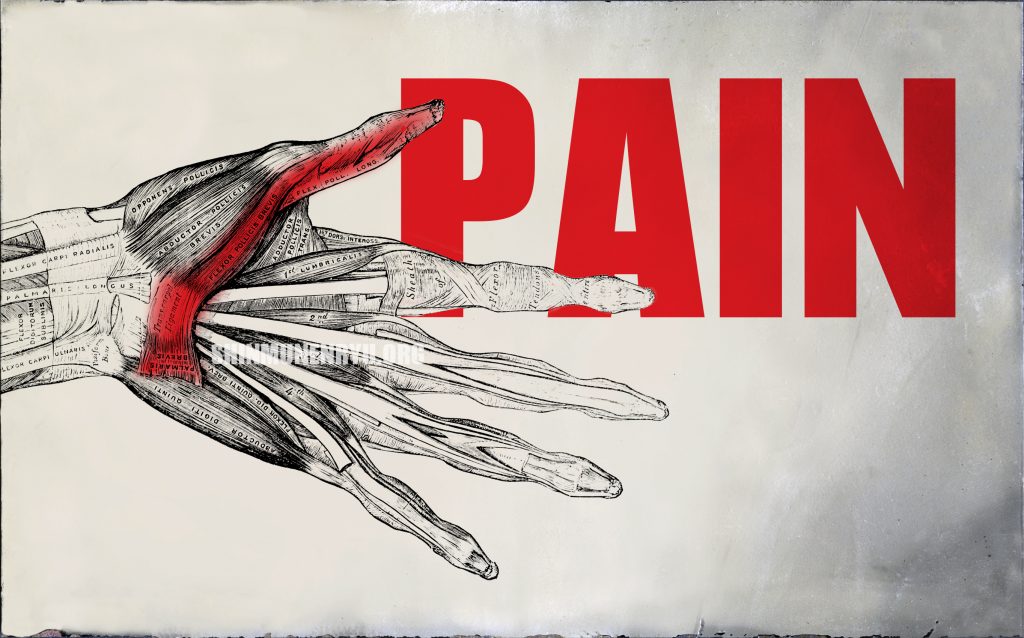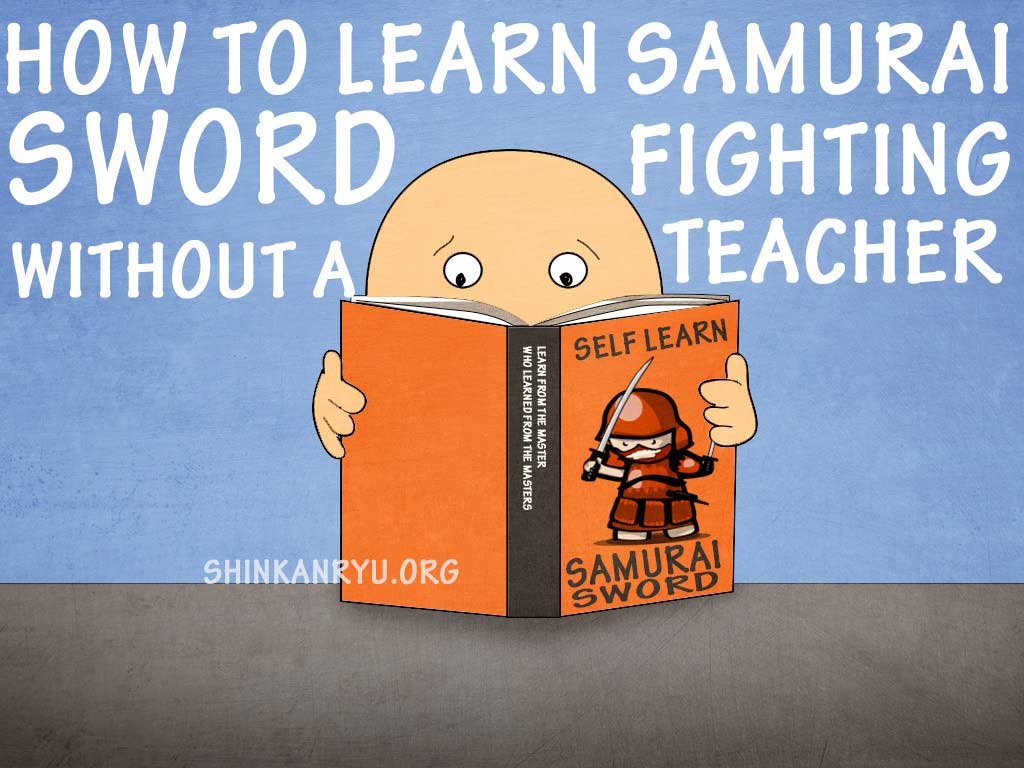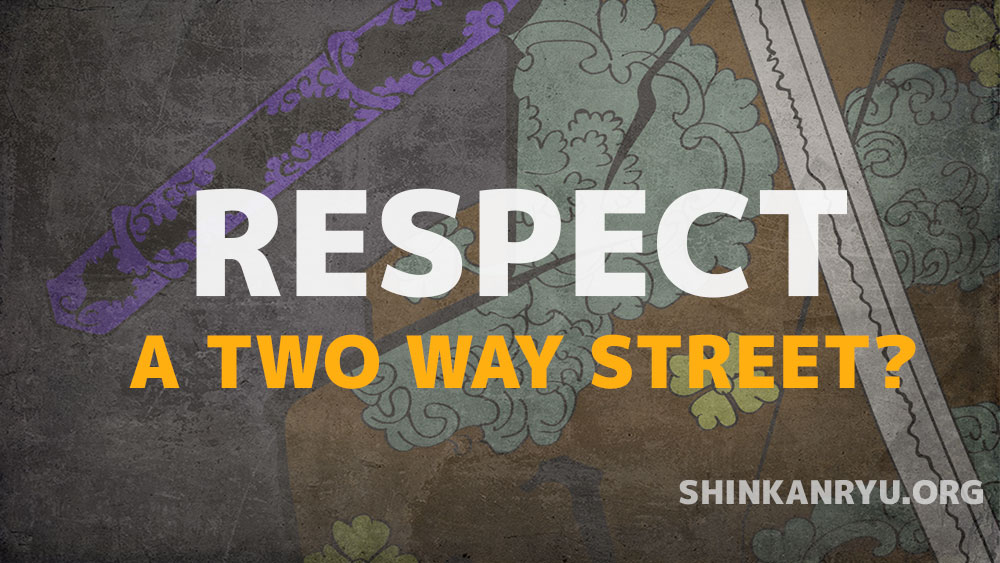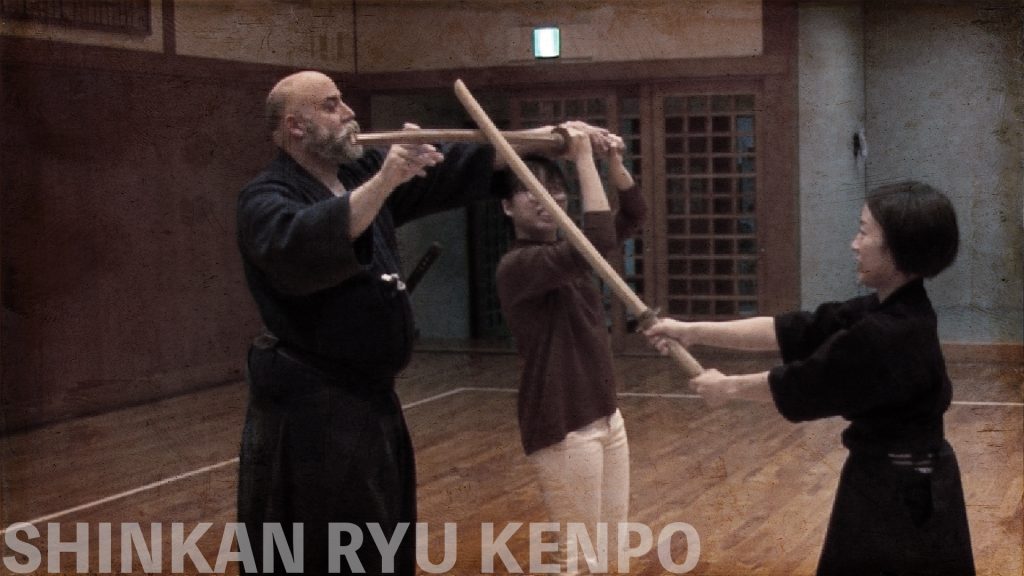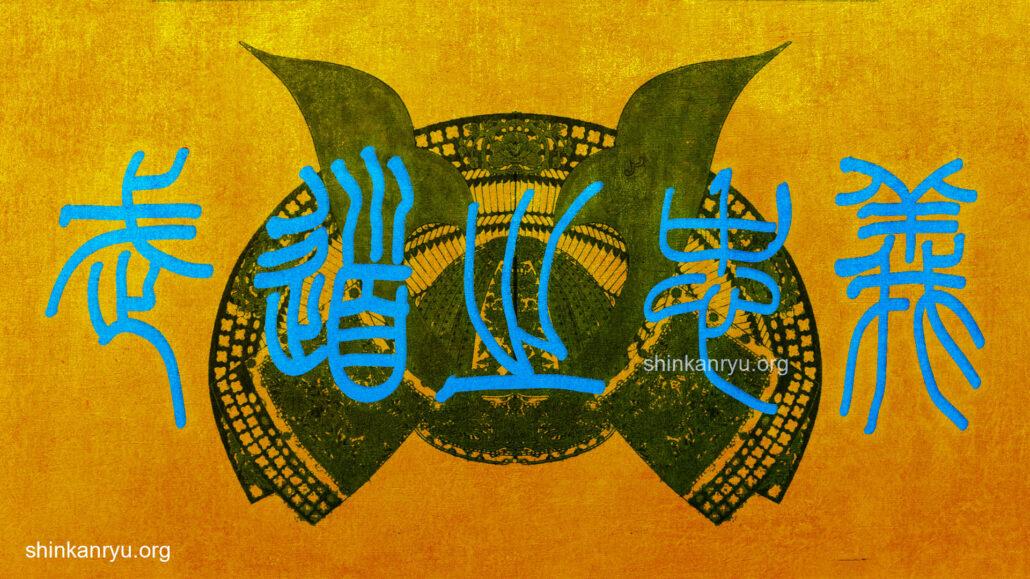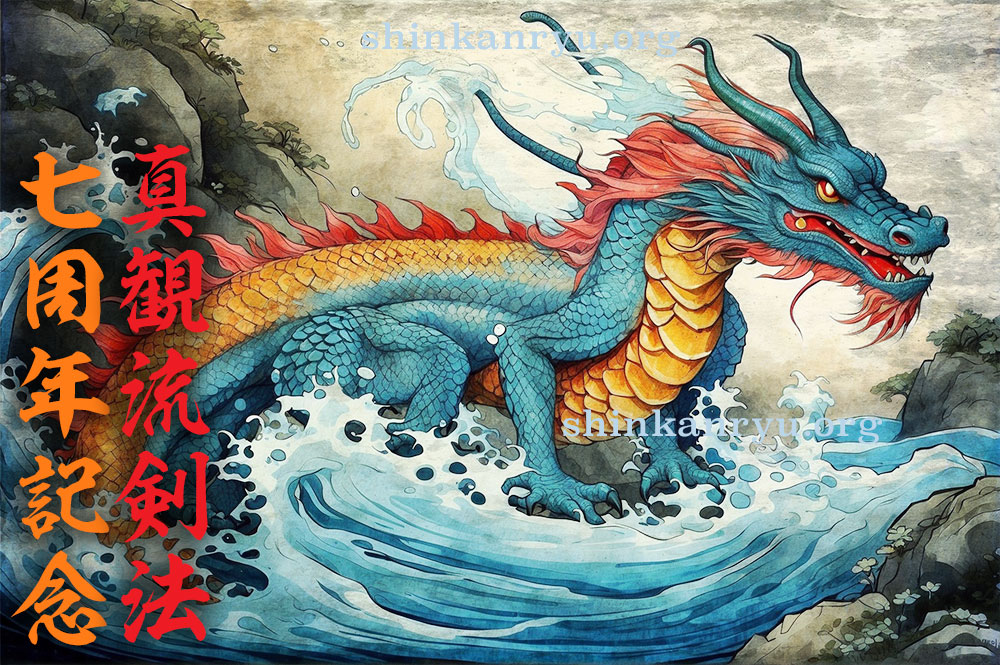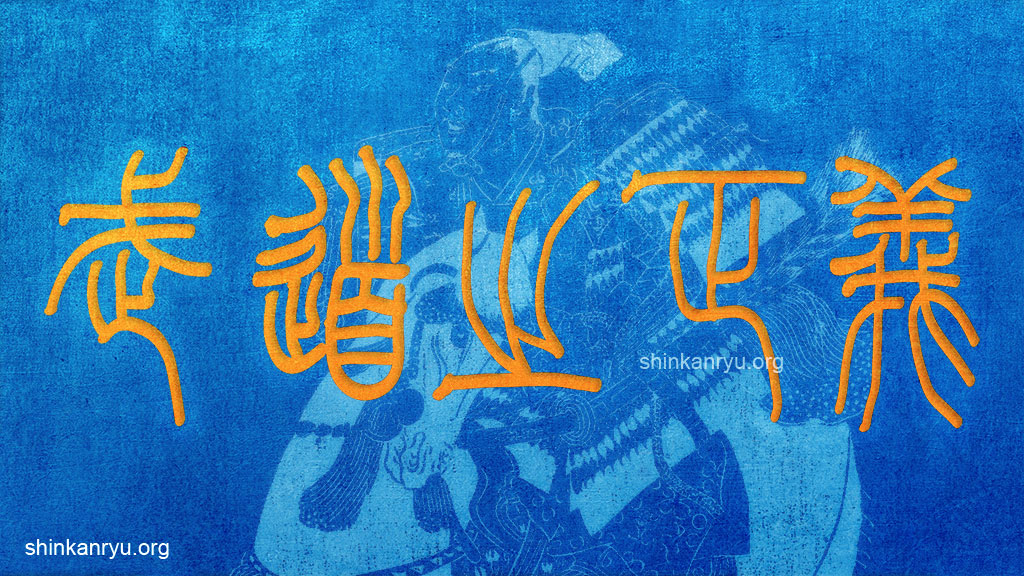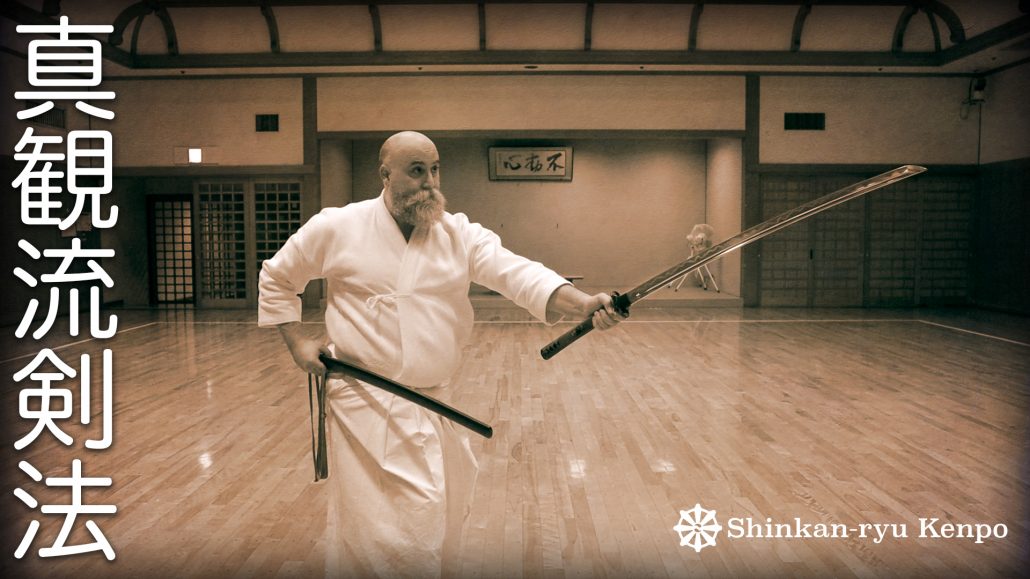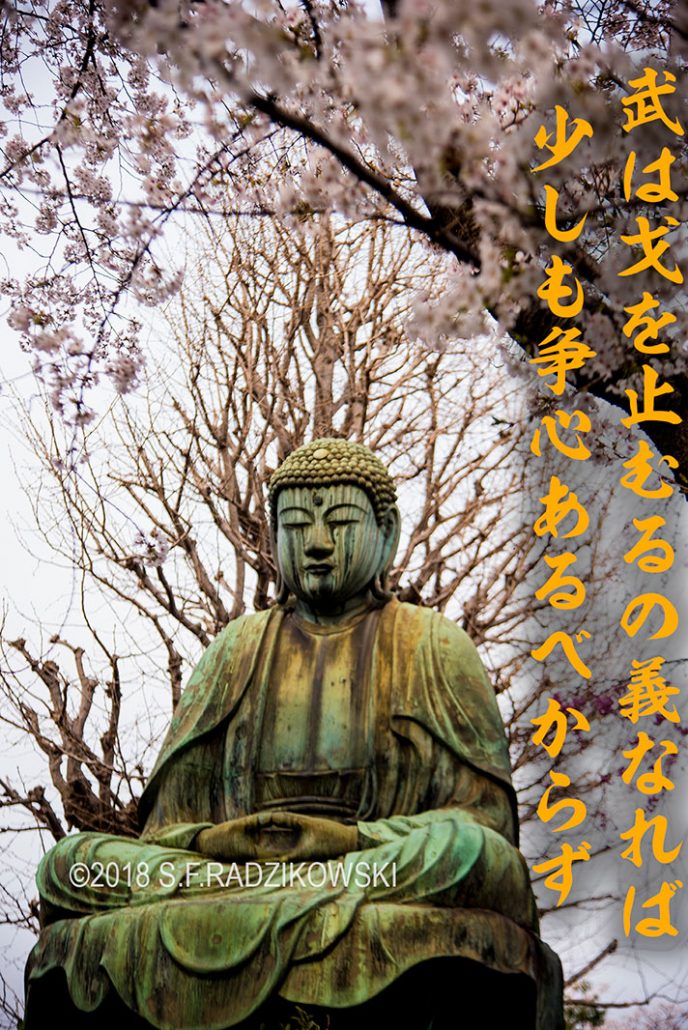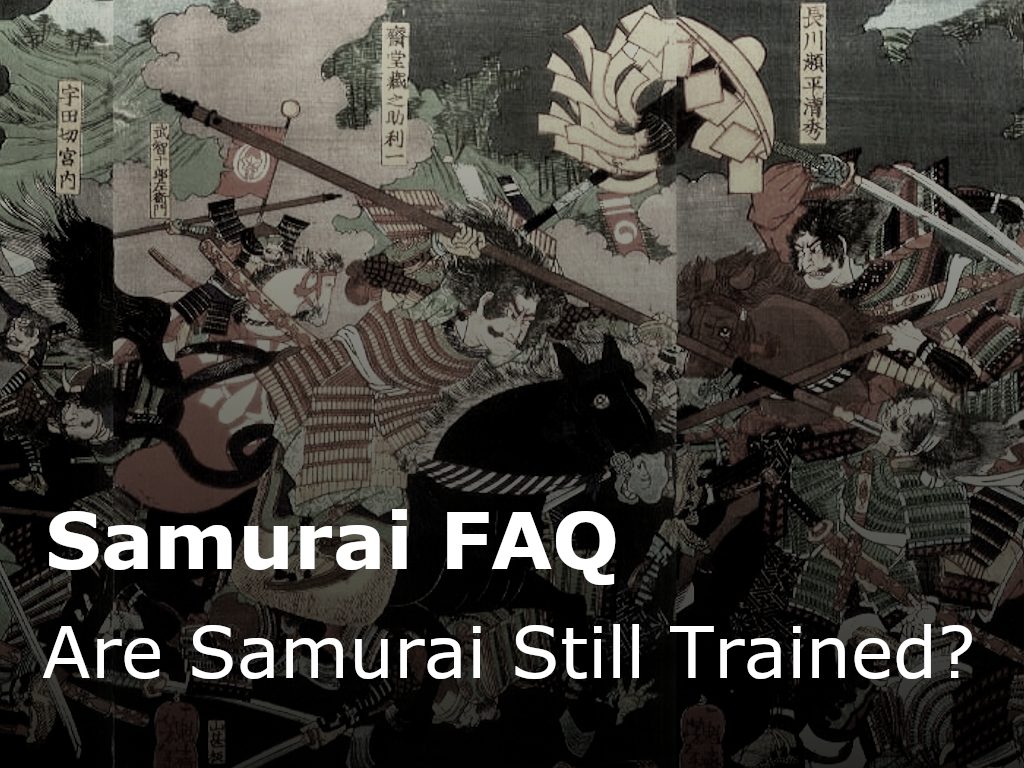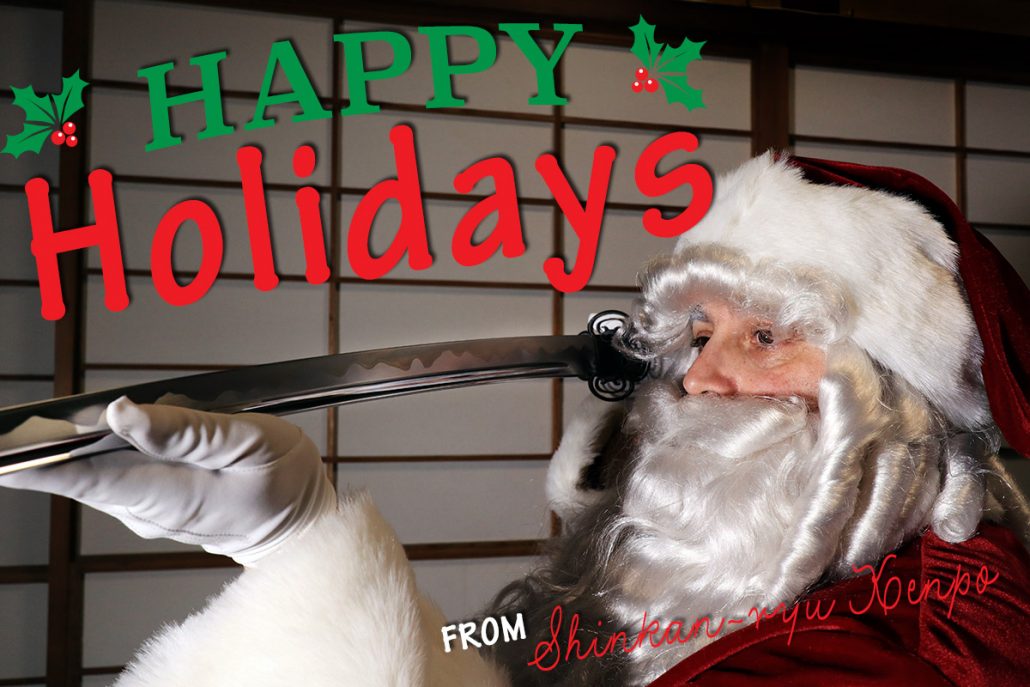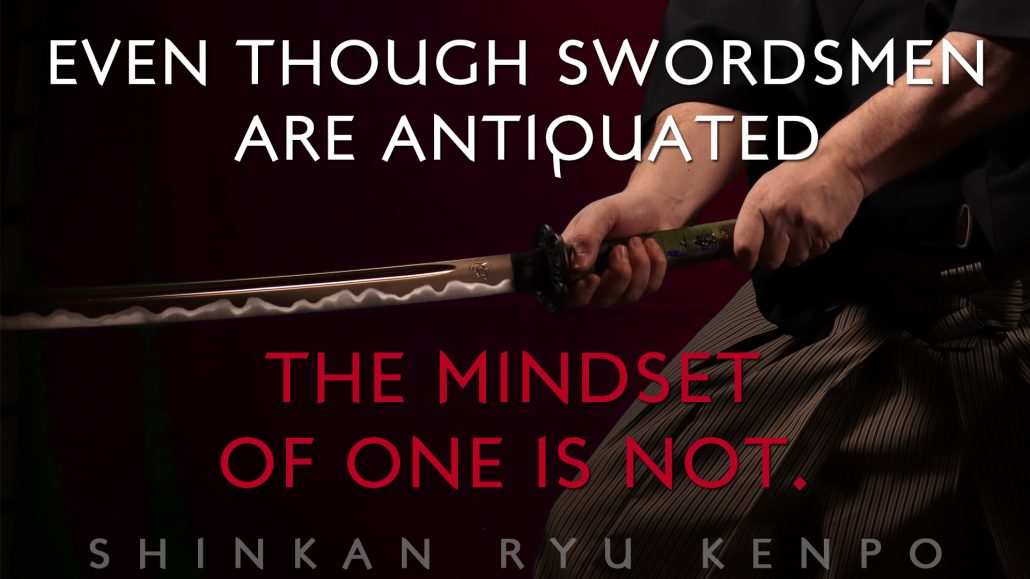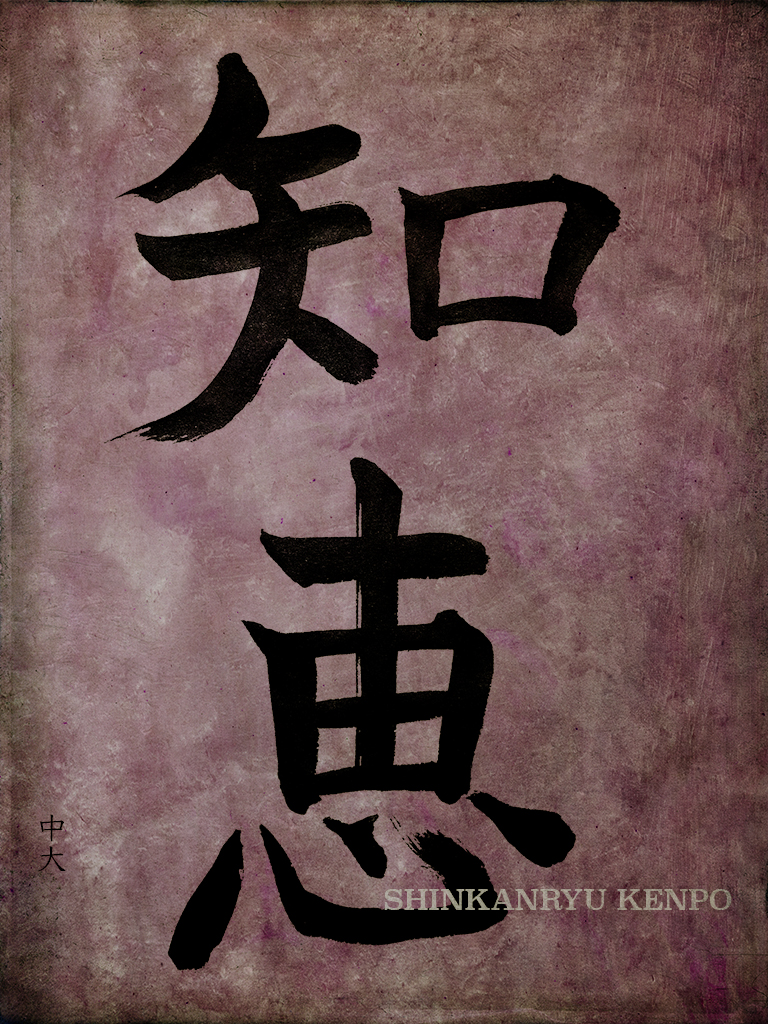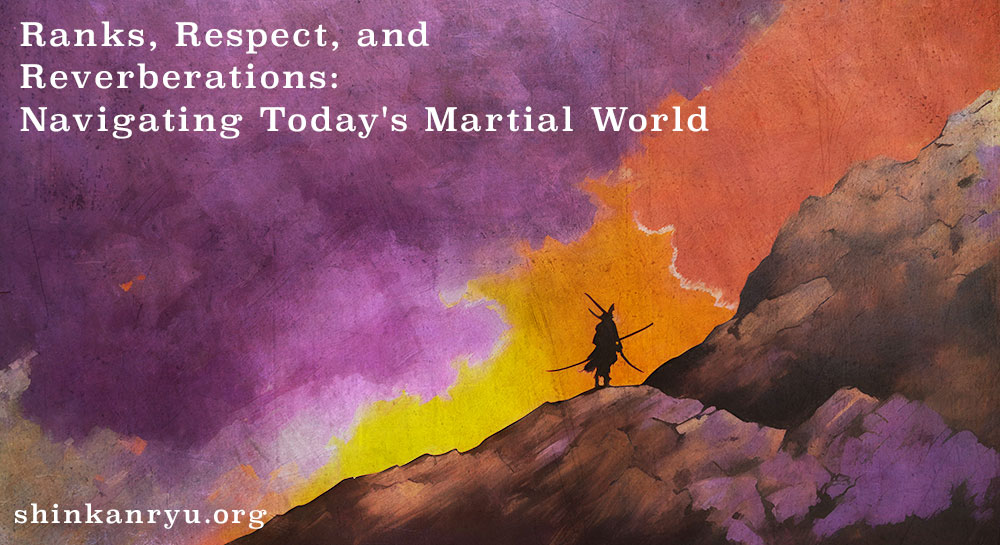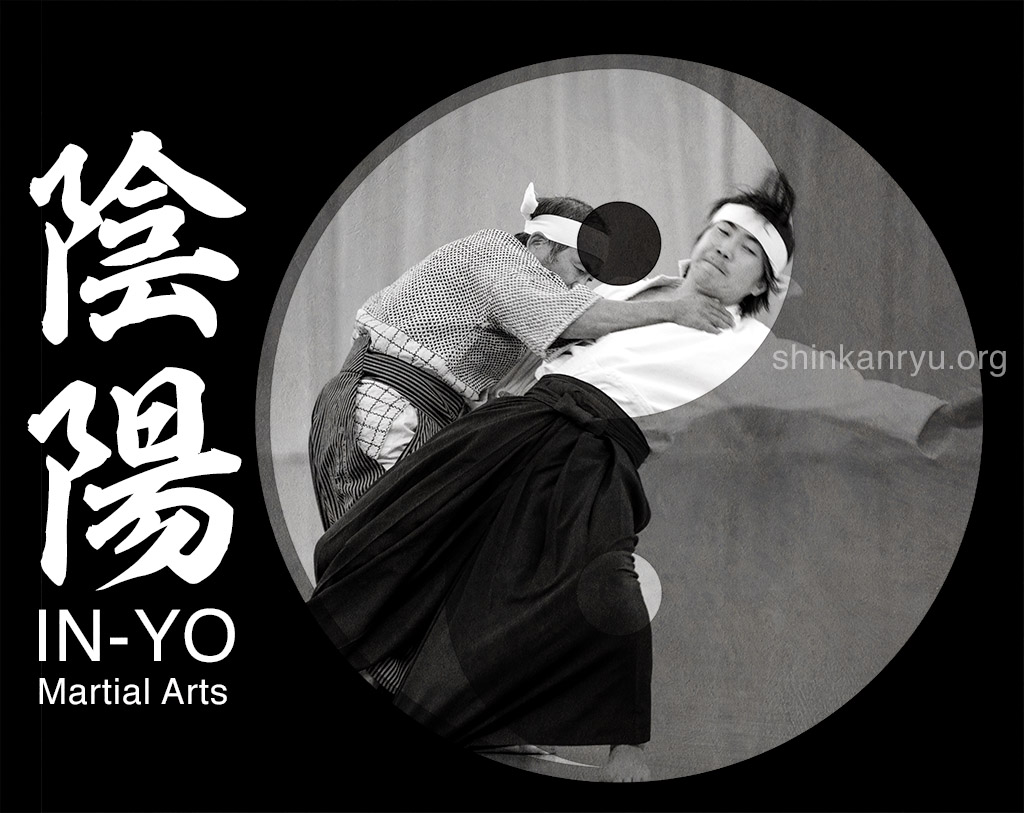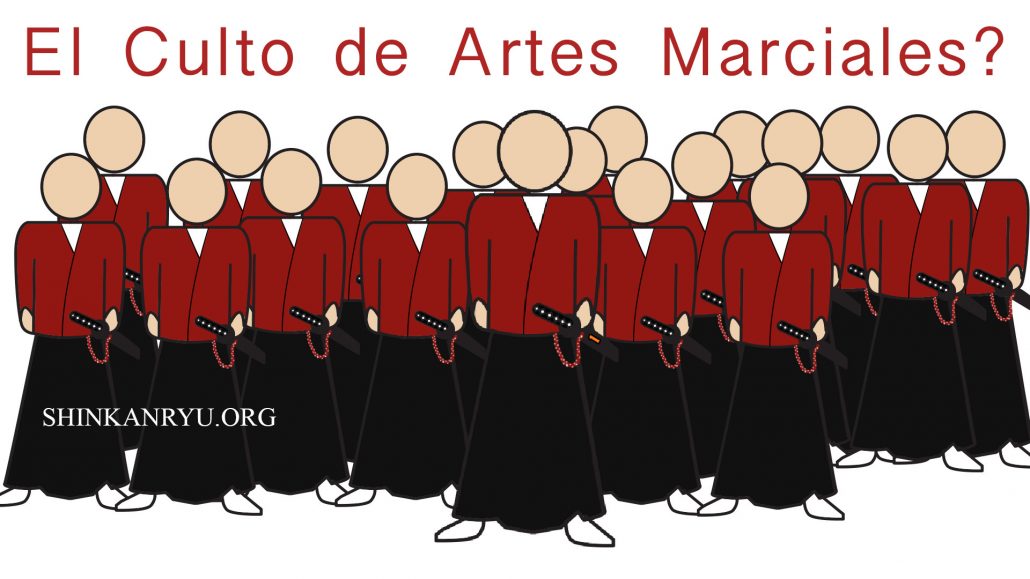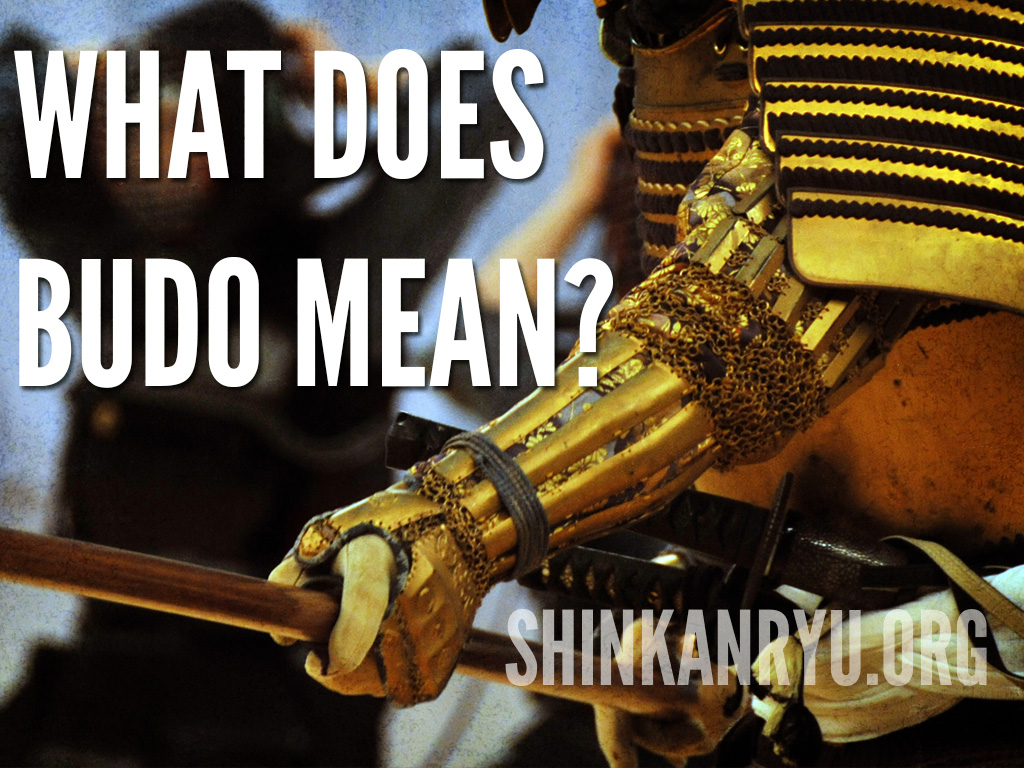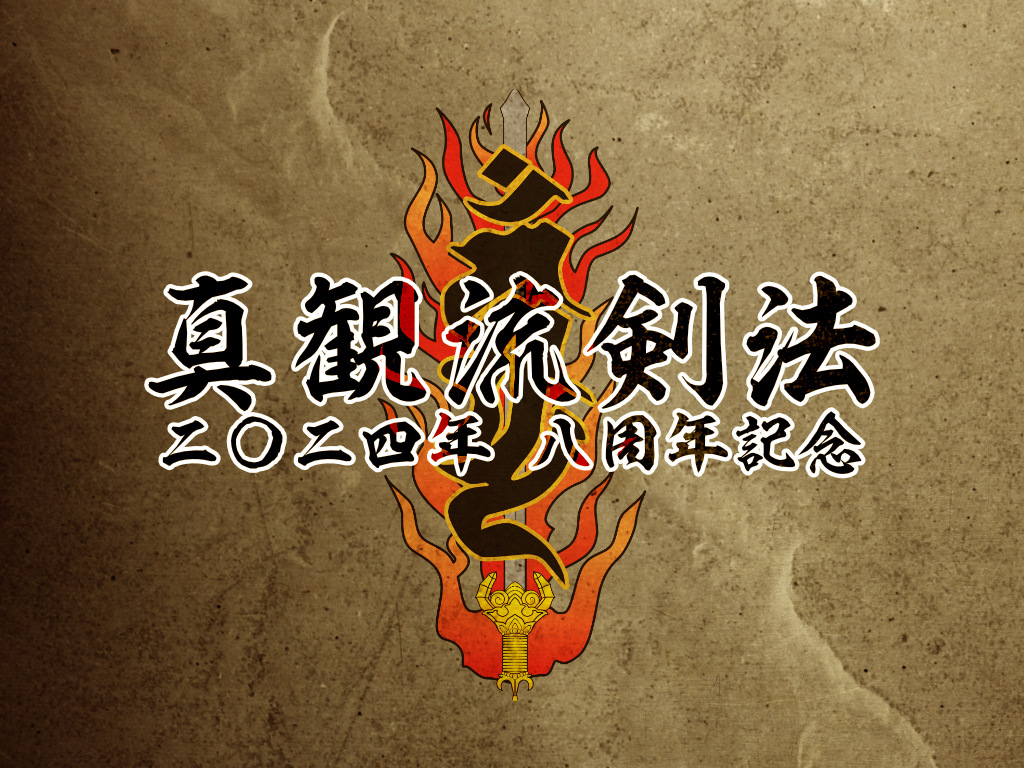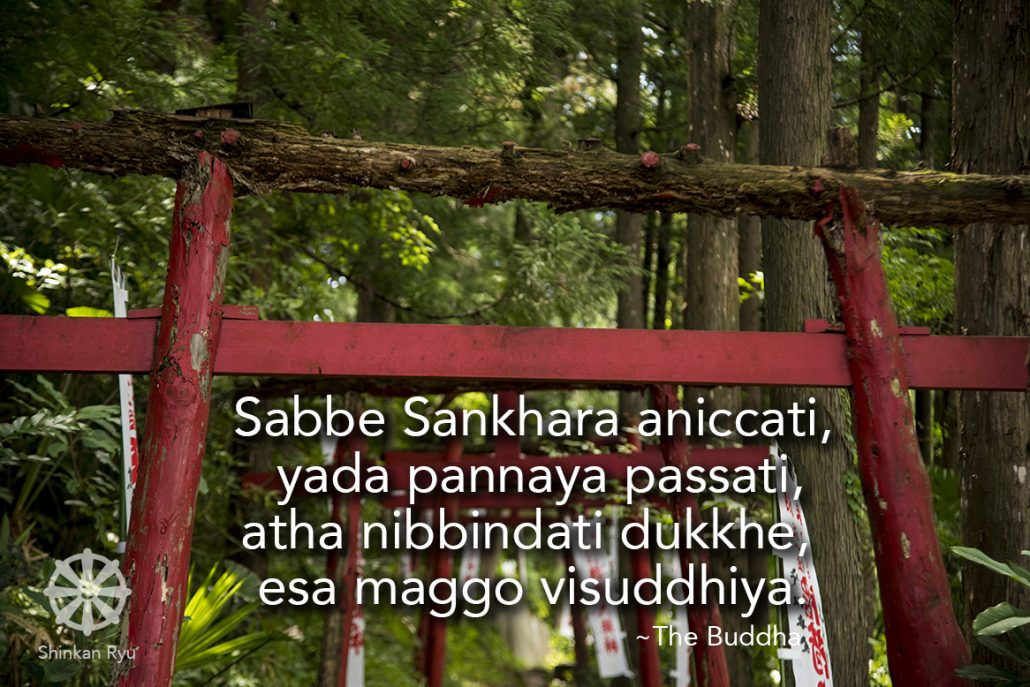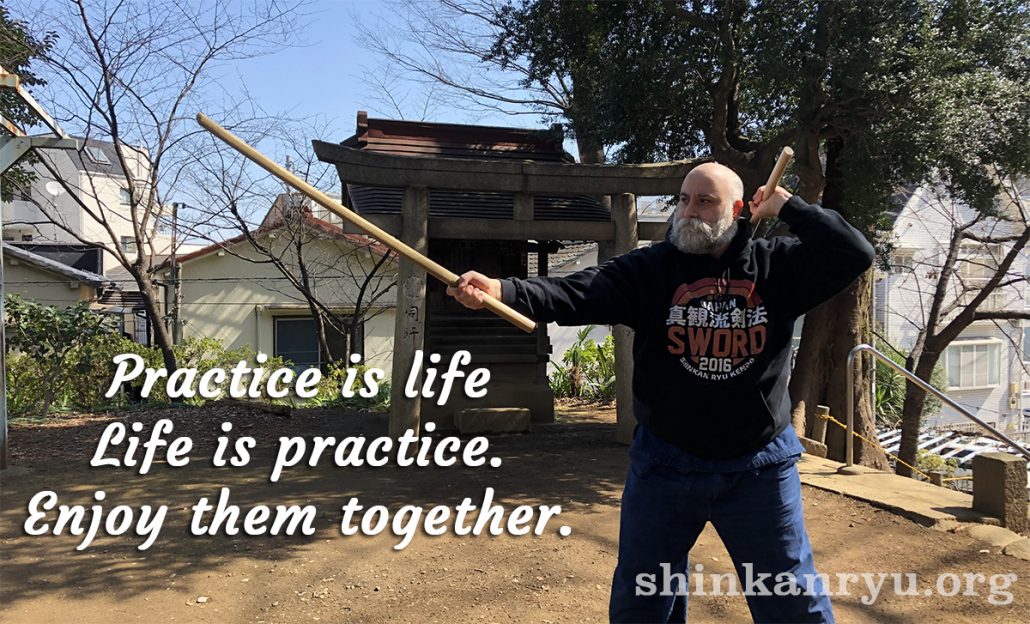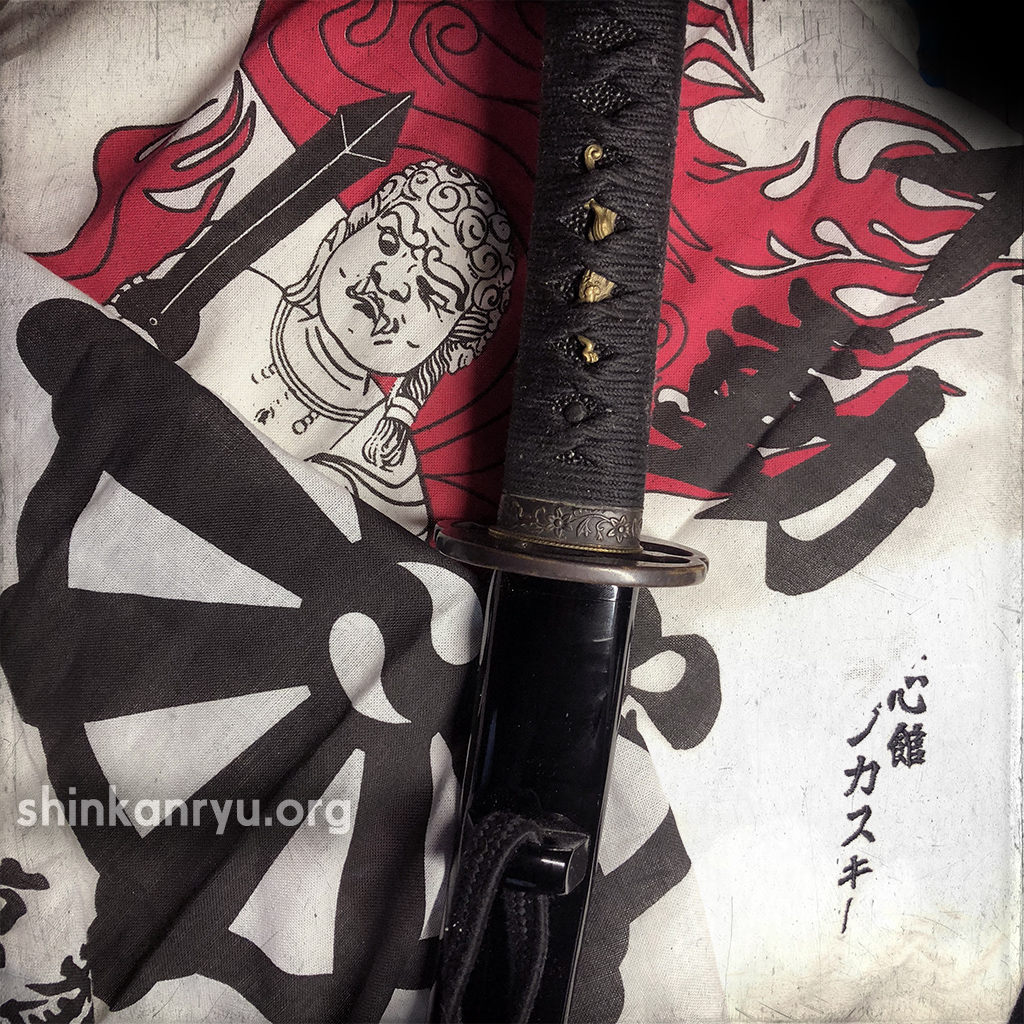It is difficult to wind through the brambles and thorns of life. It is impossible to escape from the drawing of blood, both metaphorically and literally. We sometimes hurt ourselves or others in our ignorance and wounded agony which might manifest as malicious behavior.
As a person and a martial artist, the hardest thing is to look at yourself. I dislike referring to myself as a martial artist, and I do not personally identify as that. For this writing, it is best to use that label so we can all identify as people who study martial arts (bugeisha). It is arduous work to admit our own mistakes and faults. It is difficult to apologize in a meaningful way and to try to understand another person's feelings of offense, pain, or discomfort.
Reflection & Wisdom
I visit shrines in Japan often. I always reflect (pardon the pun) on the mirror. Shinto shrines feature a mirror at the altar. It represents wisdom. This wisdom comes from self-cultivation. We must investigate ourselves to gain this enlightenment. It does not come from books or videos or external sources. My Buddhist teacher would always say, "There is no meditation without wisdom and no wisdom without meditation."
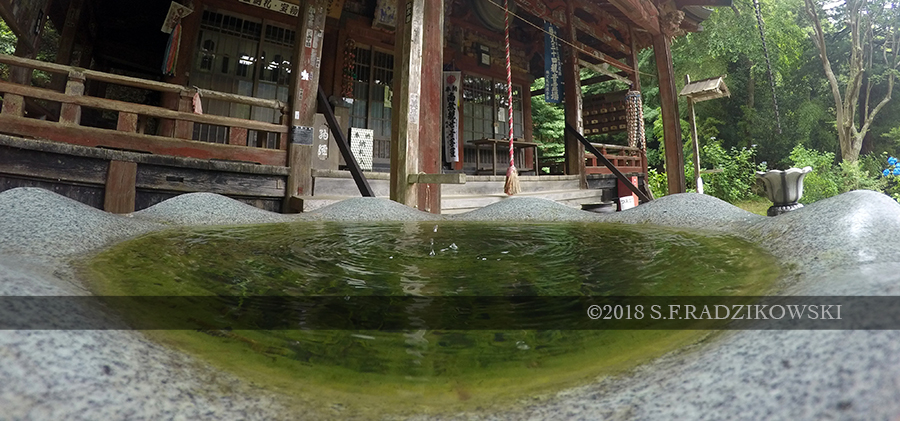
We should endeavor to try to soften ourselves. It is a real challenge when you have amassed decades of problems. Experiences leave us bewildered, startled, and wounded. We don't always healthily process our experiences. People also have histories of abuse and trauma. Some of us lash out while others sit quietly with an open bottle which deep within they push it all. Others hide behind the mask of the internet and harass people with gleeful minds and fingers at the keyboard snickering to ourselves or friends on the lashing we just gave someone. Many of us try to better ourselves, of course. It is hard work, and fixing things is not an overnight effort.
This work is essential to be better spouses, friends, sons, daughters, and neighbors. I know that I have failed at many things. However, it doesn't mean success was not gained either. I think there is a difference between being stupid and being malicious. I know I have done stupid things to hurt someone's feelings, but it was not intentional. Certainly, I apologize as soon as possible when doing things that hurt others. Failing to apologize when doing something bad is just as wrong as a malicious act in my view. We can not always avoid hurting someone, but when we do we have to use wisdom and offer a meaningful apology.
I am prone to raising my voice which has its roots in being raised in a household that communicated that way often. It's not to blame my family but to say reacting in a rough manner is wholly my fault is not correct too. It took a lot of self-reflection to understand the origins of some of my behavior. I try my best to curb my emotions and file through them examining what is real and what is just smoke. I want to find the origins that cause the loss of my temper or lashing out. Because ultimately the responsibility to become better lies with me. It is indeed my fault for not trying to be a better person and not lose my temper easily, or even at all. As martial artists, we should not collect the bad habits of our teachers. We should not glorify the grumpy stoic grimacing teacher that acted like a cold jerk. Why pass that stupid behavior to your students? Don't glorify past abuse as tough training. Make sure you know the difference.
Waza is just the beginning
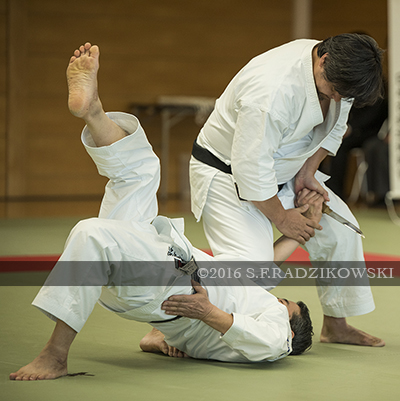
Of course, technical skills and being a righteous person do not go hand in hand. There are few people out there who have both traits, and fewer who even try. Outnumbering those are the vast many who give up on looking at themselves and their arts in this broader context. They focus on the physical components and becoming a technician. A great technician at chokeholds for example or sidekicks who do not have a good heart is a dangerous thing in a civilized society. In my view, it's not what martial arts is solely about. Your menkyo kaiden or other ranks do not give you carte blanche to be a dunce either.
Within martial arts practice, we must confront ourselves before any opponent. In arts where an opponent doesn't exist it becomes even more essential because to dismiss it means to reject the very reason for practicing. Practicing Aikido or Judo or Iaido or Kendo is not about self-defense.
If what we are doing is not elevating the art and ourselves then it's not a great use of time in the end.
~真照ラジカスキー
The goals for learning classical martial arts or koryu is not to hurt or protect ourselves from a mugging. It shouldn't be the first reason we joined such a school. We should want to be a martial artist to carry on an older tradition and make ourselves better people. We should endeavor to be better spiritually and physically than our teachers. If our teachers were kind, thoughtful, and proficient at the systems techniques, then we should try to be a little more generous and thoughtful and skilled too. Perhaps our teachers were narrow-minded or mean and focused only on demonstrating their power through the school's techniques, then we should try to be much kinder and more open-minded and gentle than they were. If what we are doing is not elevating the art and ourselves then it's not a great use of time in the end.
A place for spiritual refinement
Joining a traditional school you enter the dōjō 道場 and engage in keiko 稽古. The word dojō is made up of two characters. The first, dō/michi means the way (or moral principles). It is referring to a spiritual path. One of purification and introspection, a reflection of oneself and world. Regarding the inner and outer universes is essential. Dō denotes the idea of self-cultivation in the Taoist, Confucian or Buddhist framework. To make oneself and the community better is the ultimate goal. Dō/michi also means a journey.
Jō 場 means a place or field or realm. It doesn't mean a building or room per se. A realm or place of spiritual cultivation is one way you can translate dojō.
Keiko is made up of 稽 kei/kangaeru which is a bit of an anachronism for thinking or contemplating. The second word in the compound is 古 ko/furui which means something old. Keiko refers to examining what came before us in a profound manner.
Our practice is, therefore, a sacred thing. It doesn't mean you can't have light-hearted moments in training of course. I am not trying to weigh all of this down with pure existential material. There are laughter and jokes in a traditional Japanese dojō of course. Many instructors have excellent senses of humor. What becomes lacking as history goes on is the absence of mental training. Our lives are filled with distractions from ourselves and spiritual progress now more than ever.
The poverty of attention.
The internet itself gives rise to this problem of distraction and ease of abusing others. It is now that we must be even sharper with our awareness. The amount of information these days causes a deficiency of attention. Our attention is a valuable resource. As Nobel prize winner, Herbert Simon said, "A wealth of information creates a poverty of attention." We do not have an endless supply of attention.
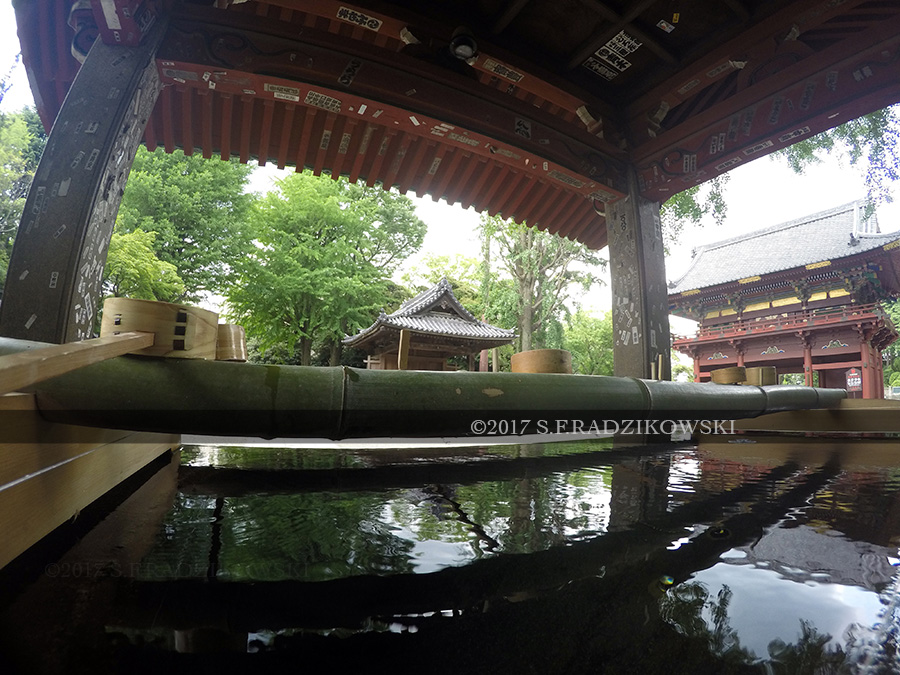
Web sites like Instagram, Facebook, Youtube, search engines, and even Wikipedia can be helpful, but without a strict sense of time management, and self-control they become a distraction and eater of precious moments of our attention. Engaging in endless discussions or post-reading or drilling down through suggested videos and content distracts us and also creates a deficiency of attention. We must be careful.
Nothing is on our side. Life is unpredictable and dangerous. The only real control we have is within ourselves. Prove unfaithful to me or egregiously rude, and I am apt to lose my temper. It is something I am always working on. I am not perfect at all. I do admit things are my fault, I apologize and go to lengths to prevent that from happening again by investigating why it happened in the first place. In a way, life would be easier, for me, if I didn't have to work to make myself a better person.
We have no time to think about it next week or month. Our shortcomings need to be reigned in and examined now. Our hearts and emotions need to be reflected on now. Not having enough attention on inner selves is a road to trouble.
True Detectives
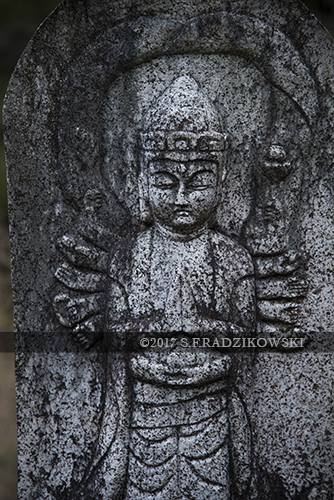
It is our work, as people and martial artists. We must open ourselves to other people and try to understand them. We must open ourselves as well. There is, of course, a limit to that and we must prevent keeping those who do us harm close to us. It is indeed appropriate to keep harmful people at a distance. Though we must investigate and be aware of what we are doing. Closing ourselves off in our rooms and bubbles is not healthy.
Slowing down our lives and spending time with ourselves free from distractions is essential. A morning walk. A meditation session or walking without being glued to your mobile device. Technology is a great thing, but it comes with a significant risk that we dismiss readily. The great hunt for information ironically keeps us from gaining wisdom. Time is short. Many of us will likely not have a Hollywood death where we can work through our regrets or problems and say goodbye to loved ones. It may come swift and horrible. What state of mind will you be in when it does? Will I be able to open my hand and mind and let go peacefully? Have I lived making my community (family and friends and neighbors alike) a better place at all?
Being a martial artist is not solely about skill. It is about creating the best person we can be. It is not about how fast we can cut or high we can kick or how many opponents we can slay. That best is never a goal-line we cross. It is a continuous process and requires a lot of work. It is much harder to change and better ourselves than it is making a technique better. The easy way is not the path into or out of the dojō. The way into and out of the dōjō is a difficult and challenging one.
©2019 S.F.Radzikowski

ラジカスキー真照
館長Saneteru Radzikowski is the head sword instructor of Shinkan-ryū Kenpō. He lives and teaches Iaijutsu and Kenjutsu from Nara, Japan.
Pain & Training In The Martial Arts
Pain & Training Pain is a universal dilemma. Especially for those in sports or martial...
When Protectors Become Perpetrators: Martial Arts Community Failures
Recently, a martial arts instructor (Budo Teacher) faced defamatory accusations in a public forum. A...
How To Learn Samurai Sword Fighting Without A Teacher?
I get asked often, “Hey, is it possible to learn sword fighting without a teacher...
Respect is a two way street in martial arts
Respect is a two-way street, however, how many people are driving recklessly? “If you want...
Cómo aprender Kenjutsu?
Aprender cualquier cosa tan profunda como un arte marcial requiere de un maestro. El kenjutsu,...
Bushido Chūgi The code of Loyalty
Loyalty is one of the shining points in any list about the virtues important to...
7 Year Anniversary of Online and In-person Sword Learning
Today marks a significant milestone in our journey — the 7th Anniversary of Shinkan-ryu Kenpo!...
Code of Bushido Righteous Heart
Being righteous and doing the right thing is one of the foundations of body and...
Bujutsu Thoughts
Training in iaijutsu (or any bujutsu) means doing the same thing over and over and...
The Mind According to Saito Yakuro of Shintō Munen Ryū 斎藤弥九郎神道無念流
「武は戈を止むるの義なれば少しも争心あるべからず」斎藤弥九郎神道無念流練兵館 斎藤弥九郎 Saito Yakuro, Shindō Munen Ryu instructor of the famous Renpeikan in Edo once...
Samurai F.A.Q
Are samurai still trained in Japan? Are there samurai schools? The short answer is, No.Samurai...
A Very Budo Christmas Happy Holidays & New Year
Happy Holidays and Happy New Year to all of you that were kind and supported...
The Old Is Not Distant
This is important to understand when practicing historical or classical martial arts. Although the sword...
Wisdom Martial Arts Keiko & Buddhism
For those that lack wisdom the way is difficult. It is best to consider the...
Ranks, Respect, and Reverberations: Navigating Today’s Martial World
In the hallowed path of martial arts, the journey has always been as significant, if...
Secrets of Swordsmanship: In-yō. Ying & Yang
I wanted to talk about IN-YŌ 陰陽, or more commonly known as yin & yang....
Estás Involucrado en un Culto de Artes Marciales?
Recientemente tuve una conversación con alguien que se refirió a su escuela como una genuina...
What does Budō mean?
I’d like to discuss briefly discuss what Budo or Bujutsu means. I’m not a scholar...
Reflections on 31 Years of Martial Arts and 8 Years of Shinkan-ryū Kenpō
不動心 (Fudōshin) – The Immovable Mind As I mark 31 years of practicing martial arts...
Impermanence, The Mind, and the Truth
After every meditation session my teacher, with his eyes still closed, would softly speak in...
Budo Thoughts: Practice is life.
Practice is life. Life is practice. Enjoy them together. Enjoying morning keiko outdoors. The smell...
Be Thankful.Be Earnest In Bujutsu & Life
Be thankful for your mistakes, failures, and blunders. They are your own teacher reminding you...


